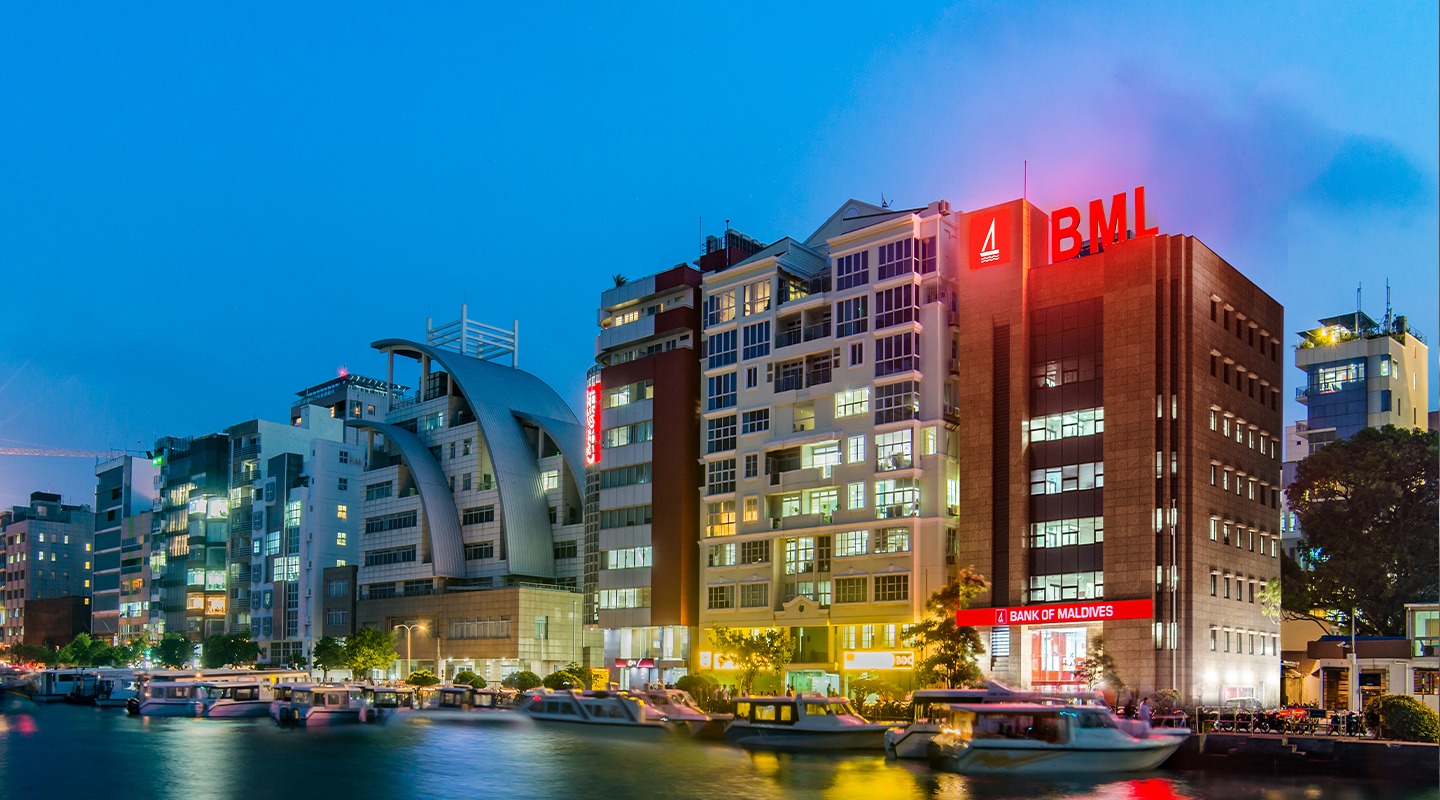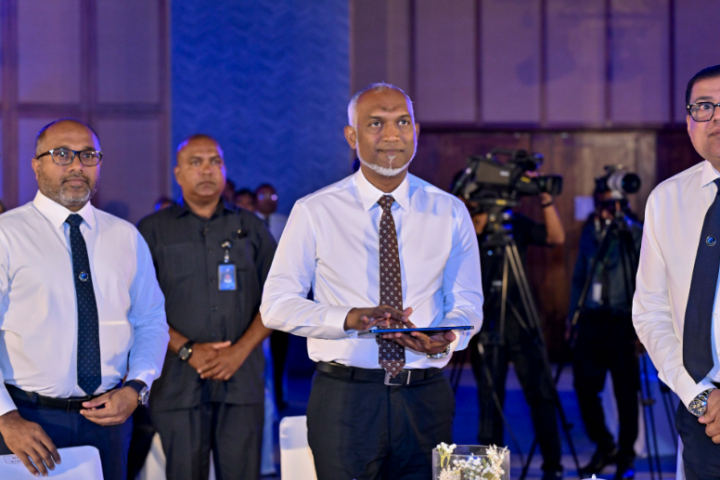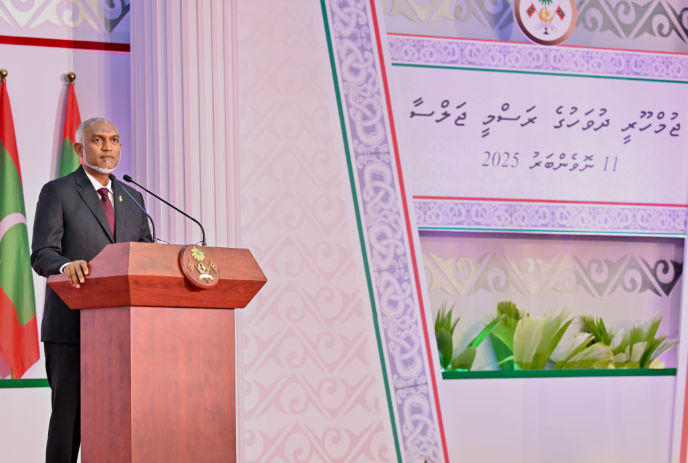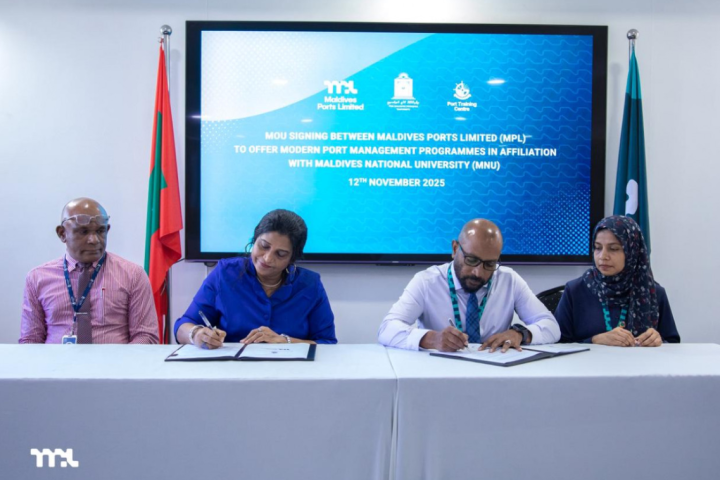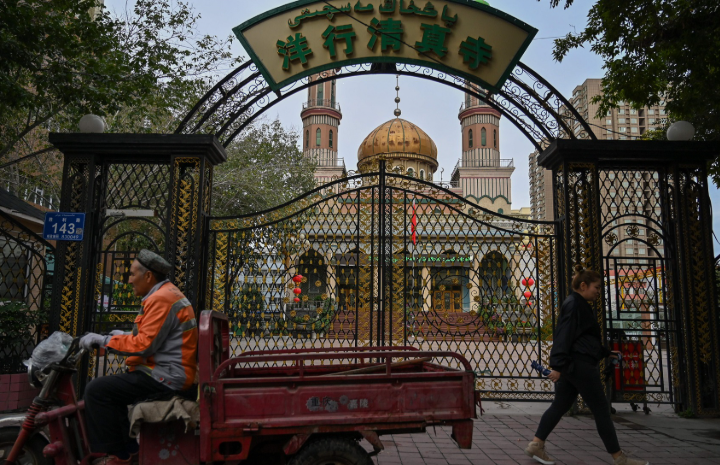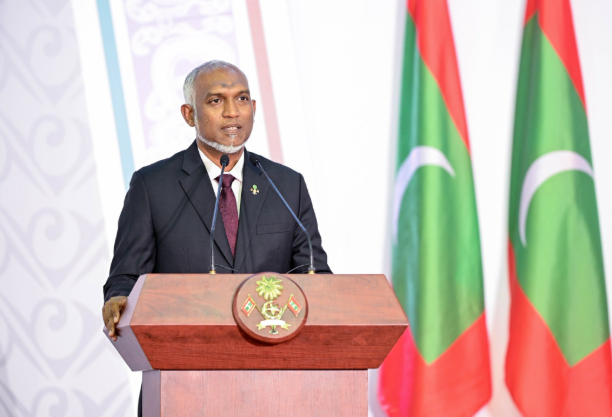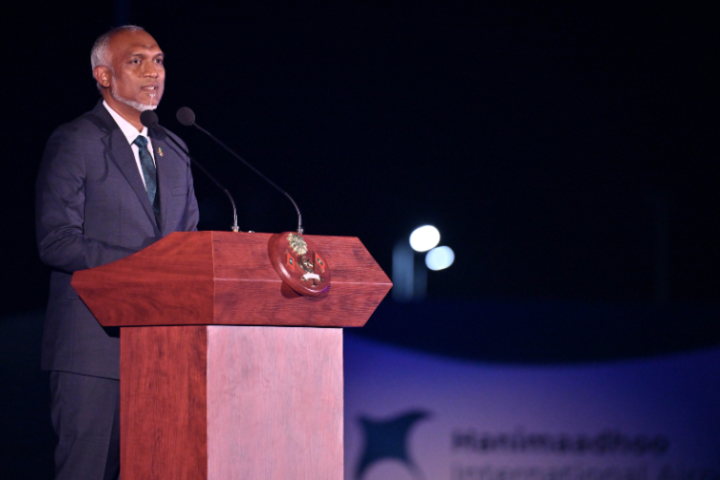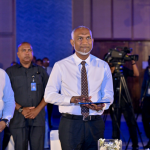Malé, Maldives — Beginning Tuesday, Bank of Maldives (BML) debit cardholders will be able to make overseas point-of-sale (POS) transactions up to $1,000 per month, marking a significant expansion in foreign payment capacity for Maldivian consumers. The change, first announced by the bank in September, also introduces a separate $3,000 monthly ceiling for travel-related expenses, including airline tickets, hotel bookings, and medical payments abroad.
The move comes amid a broader recalibration of BML’s international transaction policies. In July, the bank quietly doubled the monthly limit for overseas purchases of goods and services using debit cards—from $250 to $500—responding to growing demand for cross-border spending flexibility.
Further adjustments are scheduled for early next year. Effective February 2026, BML will raise credit card limits across its portfolio: the Classic card will see its monthly overseas ceiling increase from $750 to $1,400, the Gold card from $750 to $1,500, and the Platinum card from $1,500 to $2,000.
The expansion of BML’s overseas card limits comes amid broader efforts by the Muizzu government to stabilize foreign currency flows and reduce pressure on the US dollar. In recent months, the Maldives Monetary Authority (MMA) introduced new regulations requiring resorts, hotels, and guesthouses to exchange a fixed amount of USD per tourist—or alternatively, a percentage of their monthly revenue—through local banks. These measures aim to channel more foreign currency into the formal banking system, improving liquidity and supporting monetary stability.
The policy has not been without controversy. Resort owners and tourism industry stakeholders staged protests and issued public statements opposing the mandatory exchange requirements, arguing that the rules would disrupt operations and reduce competitiveness. Despite these objections, the government stood firm, emphasizing the need for transparent and accountable foreign currency management in a sector that generates the bulk of the country’s USD earnings. The phased implementation of the policy, along with exemptions for short stays and children, reflects an attempt to balance regulatory goals with operational realities.
